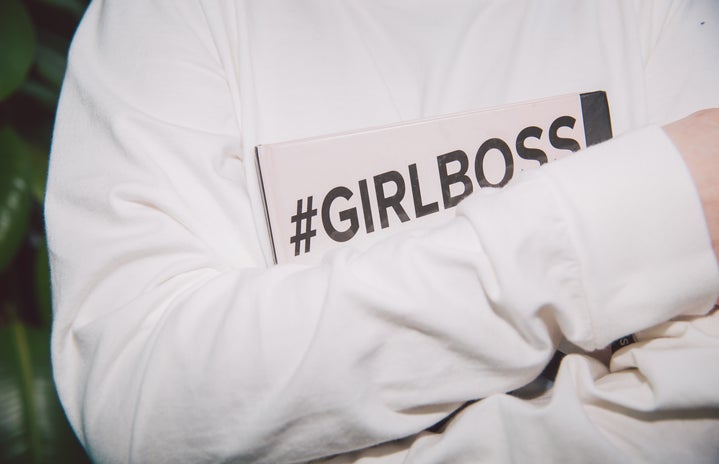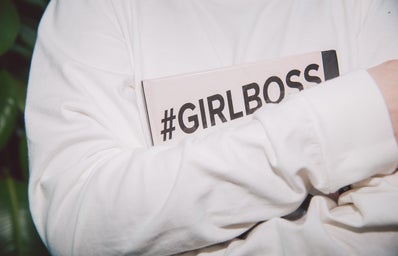People dressing up in glitzy outfits for a Taylor Swift concert vs people dressing in football shirts for a match day: why is one totally accepted when one draws critique?
This could be because one (take a guess which) is seen as being ‘girly’ and is therefore ridiculed. Over the past couple of years, the idea of being ‘girly’ has had a new birth, and things like girl dinner and girl maths have bought a fresh perspective on notions of ‘girliness’ (thanks TikTok!) but the question remains if the word is an insult.
For a long time, being ‘girly’ has been seen as an innately negative concept, often used to invalidate typically female ideas and activities. Many things can be considered ‘girly’ such as the colour pink, strawberry matcha lattes and bows, and the idea is enforced that through liking these ‘girly’ things is that it is a bad thing, somehow making a woman appear more sensitive or weak.
When people think of ‘girly’ they may think of frivolous ideals and activities, whereas in contrast, the concept of ‘manliness’ is seen as impressive and strong, an ideal to be upheld. You only have to look at things like gender neutral clothing, and see how it is naturally more masculine in its design, to understand why typically feminine ideals are put down, because it is apparently harder for men to assimilate into more feminine ways than vice versa.
The idea of the term ‘girly’ as an insult has existed for a long time, predominantly used as a defensive form of speech that is clearly rooted in deeper misogyny. I vividly remember being told I ‘catch like a girl’ on the primary school playground and being made fun of for my pink backpack. As a child, I learnt to associate anything ‘girly’ negatively, and it meant I became a fully-fledged tomboy at age 8 because it felt like the safer option. I wonder how many other younger girls have been made fun of for having ‘girly’ hoodies or things they enjoy? I reckon the number is pretty high.
As I have grown older and have more confidence in the woman I am becoming, I have learnt to embrace my ‘girliness’, but I do think your own view on the word affects whether you see it as an insult or not. Whilst I do believe it is often used to undermine typically female ideas and things, I also think that due to the rising influence of ‘girliness’ through social media we are seeing a clap back against these negative connotations and the coming together of women to challenge this long-standing narrative.
Recent things like the trend of wearing pink to go and watch the barbie movie, the rise of ‘hot girl walks’, and people adding bows to their hair, all scream girlhood to me. It is really refreshing to see trends taking typically ‘girly’ things into part of a wider movement to embrace femininity and see it as a strength, not a weakness. I believe this ongoing flipping of the script is hugely important in continuing to develop these positive ideas of femininity, as opposed to them being viewed as a point of weakness.
Keep wearing those bows and drinking your strawberry matcha with pride!




